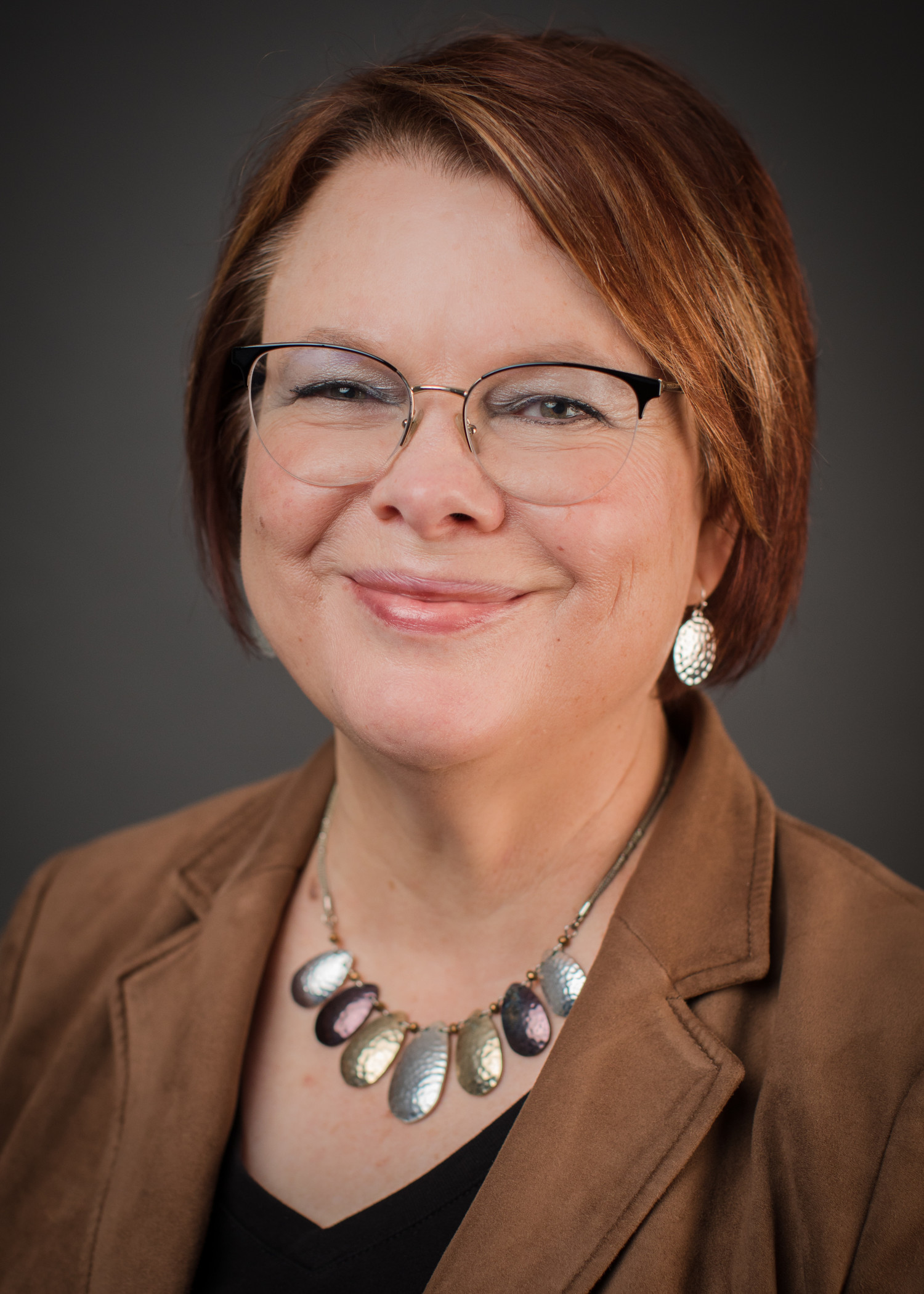




Emotional and Mental
Providing Help and Hope Through Suicide Awareness and Prevention
Published: Sept. 1, 2022

The Centers for Disease Control (CDC) reports there’s one death by suicide every 11 minutes in the U.S., and it affects all ages. In 2020, suicide was among the top nine leading causes of death for people ages 10-64.
Despite increasing rates of suicide, it’s still a topic that can make people feel uneasy – especially those who’ve considered it. But mental health counselors are trained to help individuals navigate the uncomfortable while providing a nonjudgmental and empathetic approach. And reaching a trained counselor has never been easier.
988
When it comes to suicide, there are many resources available, one of which is just a phone call away. 988 has been designated as a new three-digit suicide crisis dialing code that will route callers to the 988 Suicide & Crisis Lifeline (formerly the National Suicide Prevention Lifeline). This new 988 number can be accessed 24/7.
When people contact 988 by calling, texting or chatting through the 988 website, they’ll be connected to trained counselors who will listen, provide support and direct them to additional resources if needed.
In Nebraska, the volume of 988 calls is currently up from last year – when an 11-digit hotline was being used. Based on this data, 988 representatives are on track to far exceed the total number of calls in 2021, potentially helping even more individuals that may be struggling.
In-Person Counseling
Some individuals may find more value in meeting with a counselor face-to-face.
Even when clients remain silent about suicide, counselors rely on their intuition and training – picking up on verbal and nonverbal cues – to know when to ask about it. Counselors may start by validating their client’s feelings, then gently asking questions before offering perspective. The conversation should always feel like a two-way street that moves at the client’s pace.
Understanding Suicide
The most common reason somebody might consider, attempt or complete suicide is this: They're depressed, and they feel hopeless. Severe depression can impact a person’s mental state, and their thoughts become irrational. They convince themselves that the only way to escape the pain is by taking their life.
But depression is almost always treatable. Just like a patient with a cardiac issue who receives treatment for symptom management, a person experiencing depression can also be treated.
The Difference Between Thoughts and Action
It’s important to remember that thinking about suicide and implementing a plan are two very different things. It’s not uncommon for an individual to have a fleeting thought, wishing their life was over. Thoughts don’t always equal action. Sometimes the thought of suicide is actually comforting to an individual, knowing they have an option of dealing with their pain even if they’d never act on it. The more frequent the thoughts are, though, the more likely an individual may consider suicide.
When counselors feel that a client is unsafe, they can help them reach out to family members or a friend who can help ensure their safety. If that’s not possible, or the risk of harm is imminent, there’s usually a conversation about voluntarily participating in a hospital assessment.
Mental Health Matters
Seeking help isn’t easy. While giant strides have been made against the stigma tied to mental health, there’s more work to be done. You can help save lives by spreading awareness and reminding others that mental and emotional health are components of who we are – just like our physical health.
If you or someone you know can benefit from visiting with a mental health counselor, make the call. Best Care EAP counselors are standing by to help at (402) 354-8000 or (800) 801-4182. We’re also available by submitting our contact form.
More Resources
- Learn more about the 988 Suicide & Crisis Lifeline.
- Learn more about the symptoms of depression.
- Learn more about Best Care EAP counseling services.
- Learn more about behavioral health services at Methodist or find a psychiatrist.

